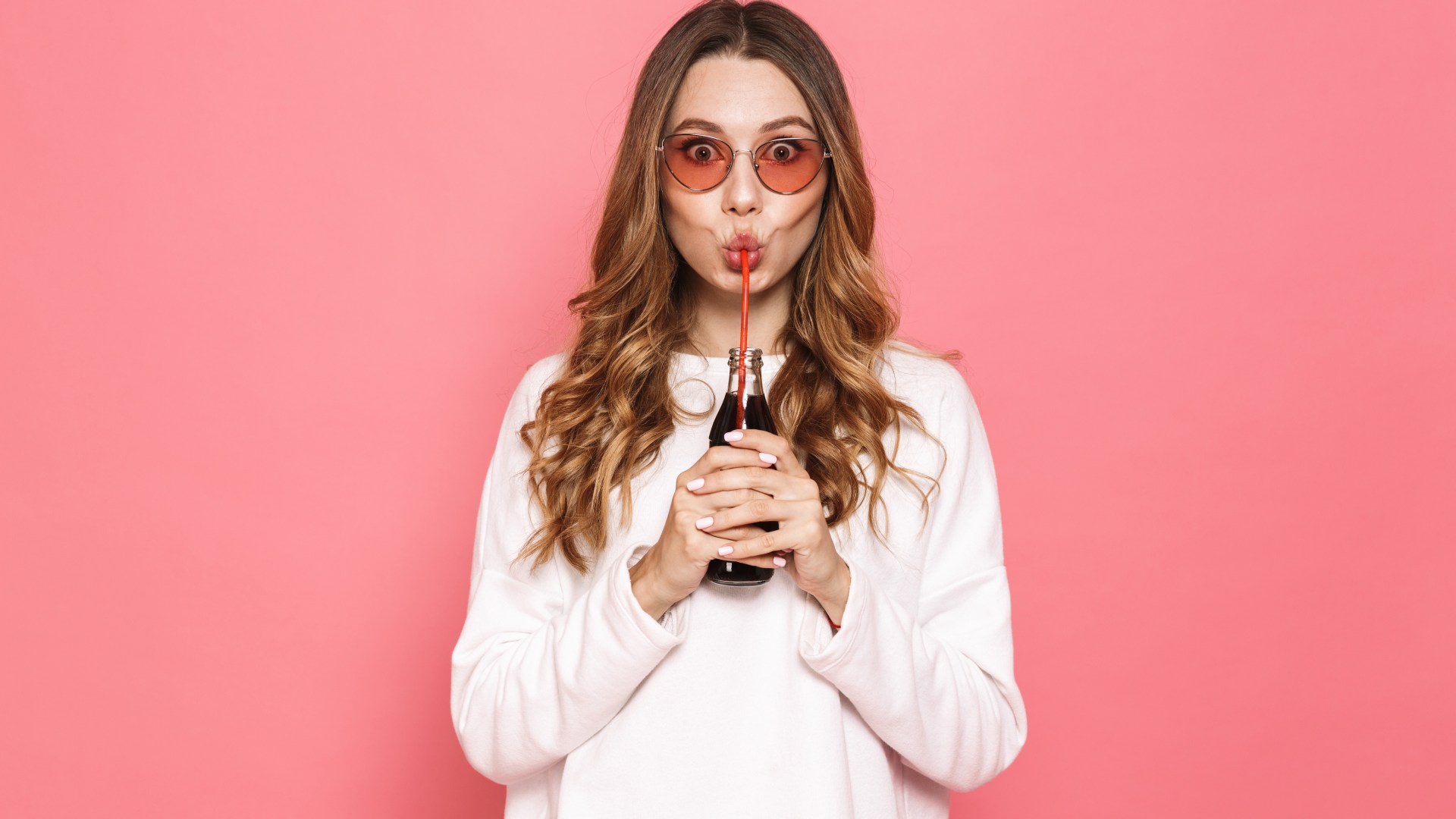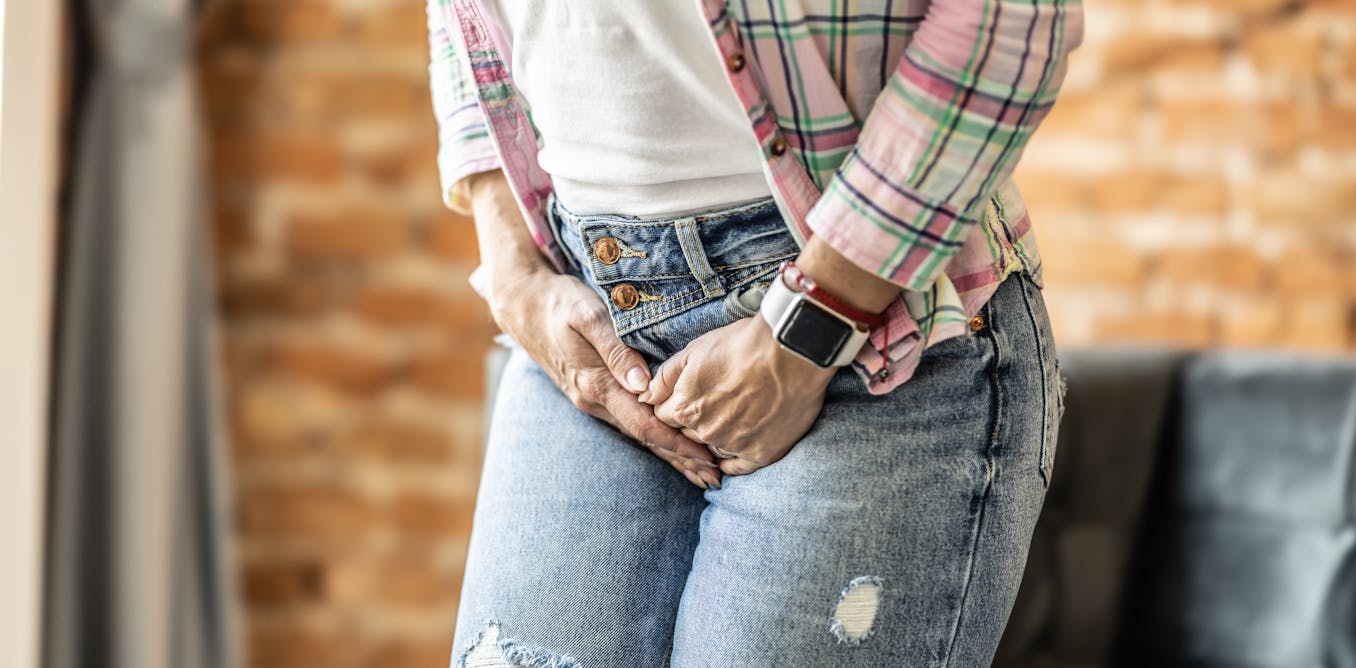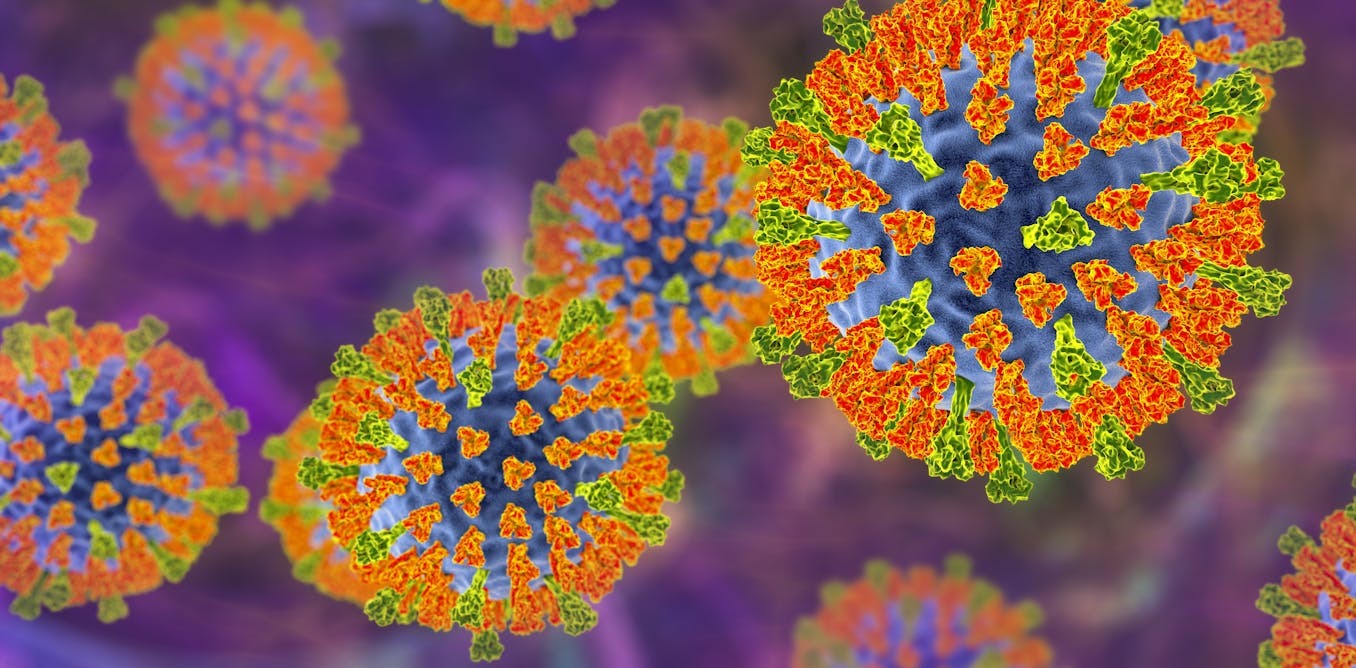AS a nation, we guzzle 15BILLION litres of fizzy drinks every year.
But they are to blame for one in ten new cases of type 2 diabetes, a worrying study revealed this week.
8
Scientists at the University of Washington who studied data from 184 countries warned that sugary drinks overload the vital organs and cause rapid weight gain.
Although they are full of calories, they aren’t filling, leading to overeating.
In 2018 the Government introduced a sugar tax to try to cut consumption.
It led manufacturers to lower their drinks’ sugar content, but we still slurp away.
Dr Helen Wall, a GP in Bolton, Greater Manchester, tells Sun on Sunday Health: “Sugary, fizzy drinks contain a lot of calories with little if any nutritional benefit.
“Liquid calories are the quickest and easiest to consume in high quantities because the lack of chewing doesn’t tell our brains to stop, and people often don’t see them as calories.
Diet versions
“Regular intake can lead to obesity, which puts extra strain on our organs, including the pancreas, leading to type 2 diabetes.
“If uncontrolled, this can lead to blindness, nerve damage and kidney failure.
“Obesity can lead to high blood pressure and an increased risk of heart disease and stroke.”
On top of that, diets high in sugar feed bacteria in the mouth, producing acid that can cause tooth decay.
Diet versions typically contain no sugar, which can help combat obesity and related conditions.
But they still contain sweeteners.
Dietitian Emma Shafqat of website dietitianwithadifference.co.uk, says: “In 2023 the World Health Organisation found no long-term benefit in reducing body fat, and suggested they actually raise the risk of type 2 diabetes, cardiovascular disease and adult mortality.”
So if you really can’t kick the habit, opt for the diet version of your favourite fizzy pop — and limit it to one a week.
Here are some of the worst offenders . . .
COCA-COLA
330ml: 139 calories, 35g sugar 100ml: 42 calories, 10.6g sugar

8
“COCA-COLA has one of the highest sugar contents of any fizzy drink, equivalent to around nine teaspoons in a single can,” says Emma.
“At 35g, that’s more than a full-size Mars bar (31g). It also contains phosphoric acid, which can erode tooth enamel over time.”
Why not try kombucha instead?
PEPSI
330ml: 61 calories, 15g sugar 100ml: 18 calories, 4.5g sugar

8
“DESPITE being lower in sugar than Coca-Cola, Pepsi contains the sweeteners acesulfame K and sucralose,” says Emma.
“These are intensely sweet and regular exposure might increase your preference for highly sweet foods over time.”
Give flavoured sparkling water a go, she adds.
SAN PELLEGRINO LEMON
330ml: 73 calories, 14.9g sugar 100ml: 22 calories, 4.5g sugar

8
“OFTEN seen as a premium drink and therefore as healthier, San Pellegrino Lemon still contains added sugar and sweeteners, including steviol glycosides, which are about 250 times sweeter than sugar,” says Emma.
“While it uses real lemon juice, it’s not as healthy as it appears due to its 14.9g of sugar, which is about the same as Pepsi and Irn-Bru.”
IRN-BRU
330ml: 65 calories, 16g sugar 100ml: 20 calories, 4.7g sugar

8
“IRN-BRU contains both sugar and sweeteners, including aspartame and acesulfame K, as well as artificial colours,” says Emma.
“Its caffeine and quinine content add stimulant effects.”
For a similar taste, she recommends giving cold herbal tea, without added sugar, a go.
LUCOZADE ENERGY ORANGE
250ml: 87 calories, 11.2g sugar 100ml: 35 calories, 4.5g sugar

8
“ALTHOUGH marketed as an energy drink, Lucozade has a high level of glucose syrup, at 11 per cent, which could cause a spike in blood sugar,” says Emma.
“Added vitamins like niacin (B3) provide a small benefit, but they don’t justify the high sugar content.
“It also contains sweeteners and caffeine.”
DR PEPPER
330ml: 66 calories, 16g sugar 100ml: 19 calories, 4.5g sugar

8
“THIS is another drink combining sugar and sweeteners,” says Emma.
“It has a high sugar load compared to other colas. Artificial flavours and colours make it highly processed. Avoid.
“Try cold-brew herbal tea instead, or coconut water – it’s hydrating and naturally sweet, though you might miss the fizz.”
RED BULL
250ml: 115 calories, 27.5g sugar 100ml: 46 calories, 11g sugar

8
LOADED with caffeine, Red Bull is designed for energy but comes at a nutritional cost, says Emma.
“Its high sugar and calorie content contribute to potential energy spikes and crashes,” she says.
Energy drinks have been linked to heart problems, poor mental health, digestive issues and hyperactivity.
Try infusing water with cucumbers, citrus or herbs.
HEALTHY SWAPS
- Kombucha – probiotic and mildly fizzy, low sugar
- Flavoured sparkling water – natural fruit-infused options without added sugar
- Homemade infused water – add cucumbers, citrus, or herbs for flavour
- Cold brew herbal tea – offers a range of flavours without sugar
- Coconut water – hydrating, naturally sweet option, but not carbonated
TOP TIPS FOR CUTTING DOWN
- Dilute slowly – mix fizzy drinks with water to gradually reduce sweetness
- Try alternatives – like those listed above
- Set limits – consume only on special occasions




